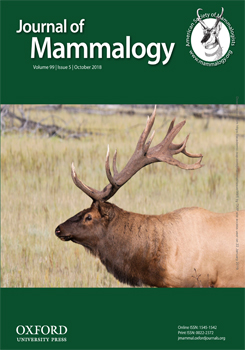Spatial memory can improve cache recovery in scatter-hoarding mammals; however, we lack knowledge about how spatial memory affects scatter-hoarding behavior. Captive-reared Siberian chipmunks (Tamias sibiricus) were orally dosed with docosahexaenoic acid (DHA) and uridine-5-monophosphate (UMP) for 6 weeks to test if improved spatial memory affects scatter hoarding. Oral administration of DHA and UMP significantly increased the relative size of hippocampi of the chipmunks and increased concentration of hippocampal DHA and eicosapentaenoic acid (EPA). Consequently, spatial ability of chipmunks in a Y-maze was significantly improved after administration of DHA and UMP. More importantly, chipmunks that received DHA and UMP scatter hoarded more seeds than control animals. This study shows that scatter hoarding in a mammal is associated with improvement in spatial memory, suggesting the potential role of spatial memory in determining food-hoarding behavior.
How to translate text using browser tools
12 September 2018
Improved spatial memory promotes scatter hoarding by Siberian chipmunks
Minghui Wang,
Dongyuan Zhang,
Zhenyu Wang,
Xianfeng Yi
ACCESS THE FULL ARTICLE

Journal of Mammalogy
Vol. 99 • No. 5
October 2018
Vol. 99 • No. 5
October 2018
DHA
fatty acid
hippocampus
scatter hoarding
spatial memory
UMP




